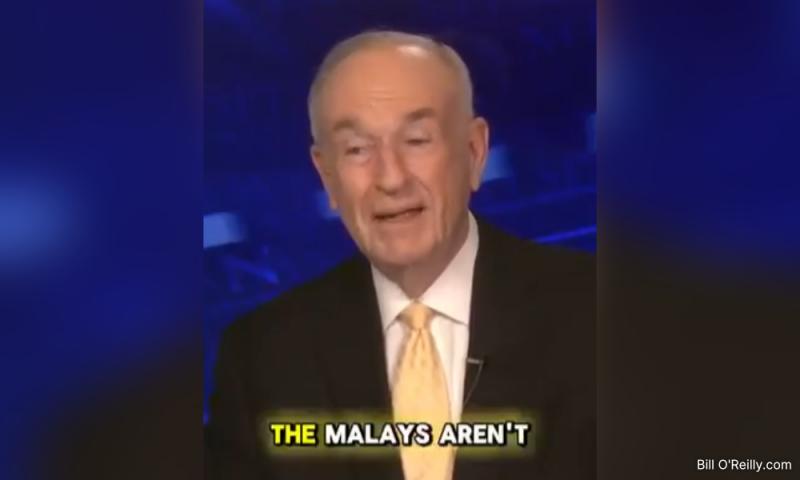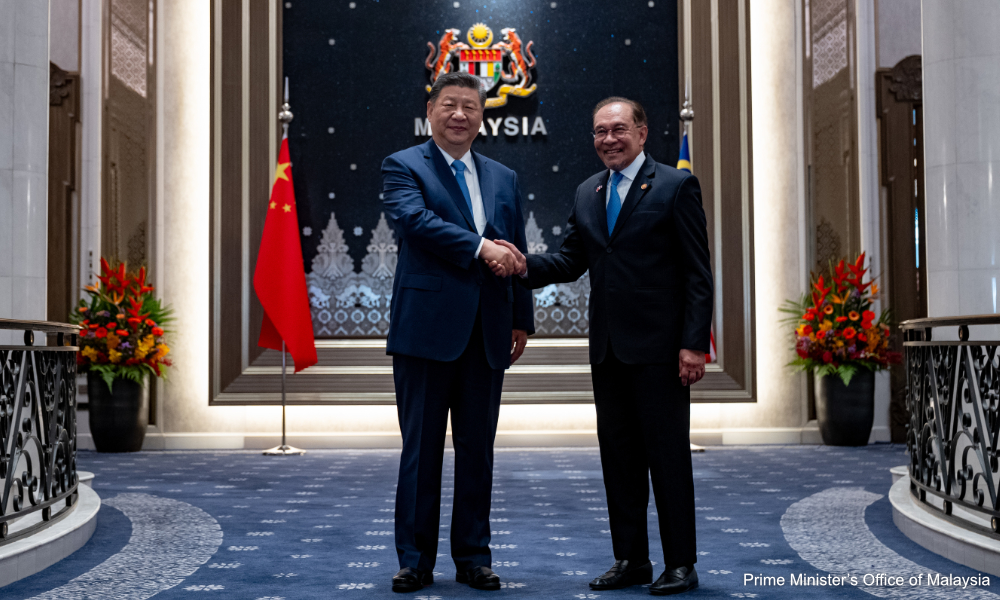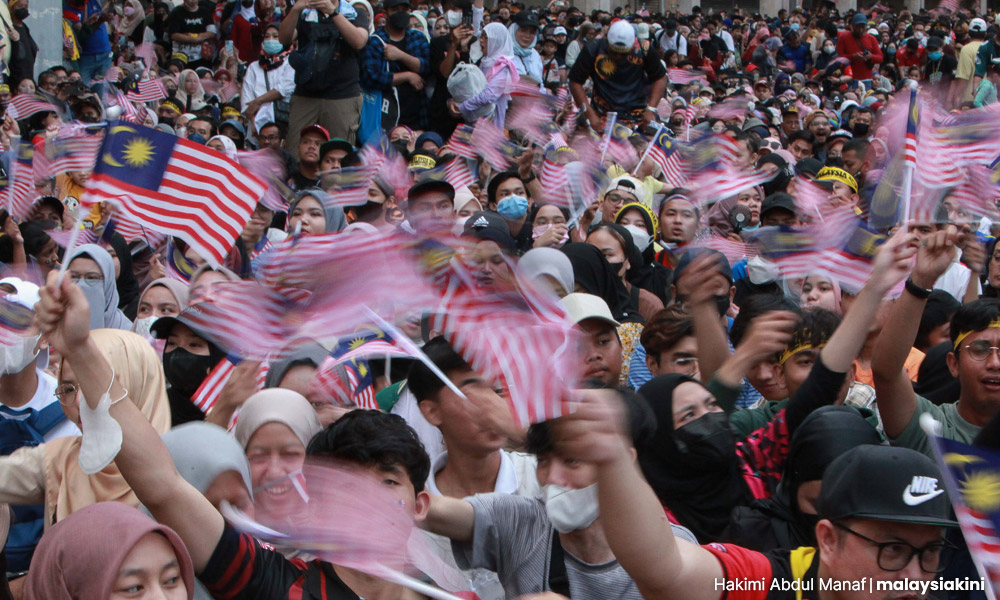Chinese President Xi Jinping’s official state visit to Malaysia (as well as Vietnam and Cambodia) attracted a lot of attention, not just in the Southeast Asian region, but also all around the world and specifically, the United States.
Due to the timing of the visit, everyone construed it as a reaction to the Donald Trump administration’s tariff announcements.
Everyone in the US was commenting about Xi’s visit to Southeast Asia, from the arrogant journalist Bill O’Reilly to Trump himself. Of course, their comments were quite politically charged.
O’Reilly’s statement that the “Malays have no money” has gone viral in Malaysia. Trump said it was China and the region coming together to see how to “screw” the US.
To be perfectly honest, I was also anticipating that the discussions with China would revolve around the tariff announcements by the US, but I wouldn’t go so far as to say that the whole region was planning to “screw” the US.

It would be illogical to think that the countries that will be hit with extremely high tariffs won’t try to plan something to protect their economies and well-being.
Even Prime Minister Anwar Ibrahim, as the chair of Asean this year, had mentioned a few weeks ago that Asean countries need to have a united voice and go in to see if they can negotiate with the US. There was no talk of “screwing” the US. Malaysia was just planning to send over a delegation to Washington DC to try and open up discussions.
Underlying tensions
With all being said, after Xi’s trip to Southeast Asia, the observation is that the visit was a very clean and sanitised one. It was very respectful, diplomatic and courteous.
All the countries involved reiterated how they have mutual respect and strong relationships with China and vice versa. They all prioritised healthy diplomatic ties and cultural understanding. Many deals were signed, too.
However, nothing was ever mentioned about the underlying tensions that these countries have with China. For example, Malaysia and Vietnam have long-standing disputes over the sea borders in the South China Sea.
These two countries also actually do a lot of trade with the US, and so they need to find a diplomatic balance so as not to burn bridges with either side.
It is a little bit different for Cambodia, because China is their biggest creditor and has invested billions of dollars in the country. So, the obligation on the Cambodians may be a bit different because they rely a little bit more on China’s investments and contributions.
They expressed it as well during the meetings, saying that they have an “ironclad” relationship.

Although the meetings and statements made were pretty much in general and pretty standard as is with many state visits by many countries, all four countries’ leaders still did mention that they are opposed to unilateral trade colonisation (which they were implying the US is trying to do).
It was also obvious that these countries had to make sure their trade with each other and the rest of the world remained strong.
The tariffs
The US announced extreme increases in the export tariffs for these countries. Malaysia was hit with 24 percent, Vietnam 46 percent, Cambodia 49 percent and China a whopping 145 percent on their exports.
The US is one of the biggest economies in the world, and they do have the clout to do what they are doing. Other countries do need to pay attention.
Malaysia has always practised peaceful diplomacy. We try to be friendly and understanding, and we want to collaborate and work with everyone.

However, we are also a sovereign country, and it is only natural to take action to protect the interests and well-being of our country and our people if the environment changes negatively for us.
It’s hard to blame the rest of the world if they think that the US is bullying the rest of the world via trade. Bullying or not, one of the ways Malaysia is handling the situation is to start diversifying when it comes to trade and other economic activities.
Also, Anwar is still going ahead with the plan to send a delegation to DC to negotiate. For now, there is a 90-day reprieve. We’ll see what happens next. - Mkini
ZAN AZLEE is a writer, documentary filmmaker, journalist and academic. Visit fatbidin.com to view his work.
The views expressed here are those of the author/contributor and do not necessarily represent the views of MMKtT.



No comments:
Post a Comment
Note: Only a member of this blog may post a comment.